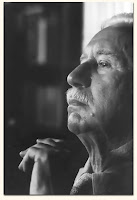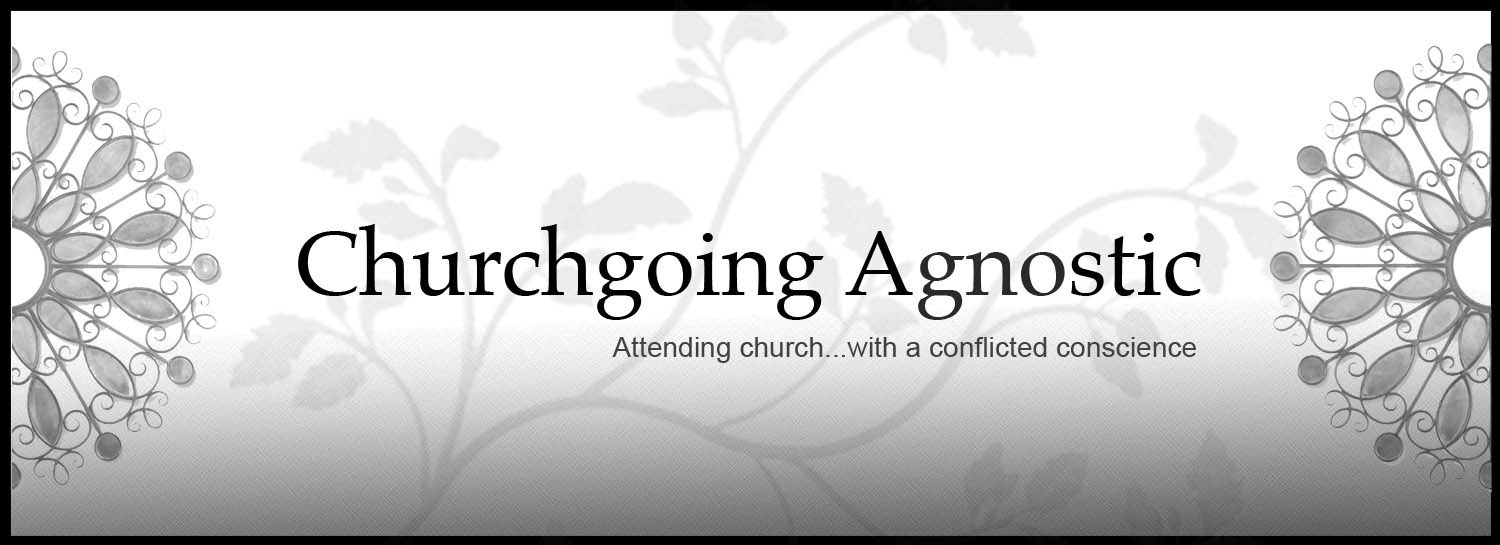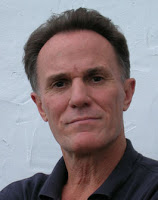The fact that 70% of Black voters in California voted to pass Proposition 8 struck me as odd considering the fact that this same population turned out in droves to vote in the first Black president of the United States. How ironic that the same night that brought forth a history-making civil rights victory for one minority group also brought forth a crushing defeat for another. The fact that millions of dollars were raised by religious groups to both encourage and scare voters to support this legislation raises a variety of concerns in my mind. One wonders if such efforts were rooted in attempts to educate and understand, or if such efforts were driven mainly by fear-based ideology.
For context: I am a straight, married, African-American male and I struggle with how best to approach the issue of homosexuality and how best to treat those people who self-identify as either gay, lesbian, bisexual or transgendered. And to be honest, I'd have to identify myself as a person in the process of recovering from heterosexism.
I know that I am not alone as many of my people have long struggled with this topic. Homosexuality is an issue that evokes a visceral, gut-level reaction from many of us Black folks, especially in discussions of whether it should be legal for gay people to marry or adopt. Discussing such matters brings forth strong opinions and deep feelings, largely because many of us have close friends, co-workers and relatives who would classify themselves as such. In addition to our familiarity with those who classify as gay, feelings run high also because many Blacks in America have been under the influence of churches and pastors that condemn homosexual lifestyles- basing their views on more conservative interpretations of the Hebrew and Christian scriptures.
Add to those factors, the notion that we, as Black people, have been dehumanized and degraded for centuries in this country due to biological factors that are beyond our control. As Black people, we have long been discriminated against by well-meaning individuals who also quoted their scriptures to condemn our existence. Therein lies most of the tension for Blacks regarding the issue of homosexuality.
My views about homosexuality we largely influenced by the fact that I grew up with a parent who was very accepting of gay people. My younger brother and I both have vivid childhood memories of our mother's closest friends being gay men (R.I.P. Anthony "Ding Deets" and Frederick). For us, it was weird (especially considering that I was in my early teens at the time), but our mother provided us with an early example of how to establish long-lasting and intimate friendships with those who have different sexual orientations. For me, having these early experiences and close relationships with gay people played a large part in humanizing the issue of homosexuality and serving as a necessary counter to the blatantly heterosexist attitudes that I would embrace in my early twenties (believing that I had to take a firm stand against all things homosexual in order to be faithful to my understanding of the Christian faith).
In addition to these early experiences, my wife and I have some close friends and relatives that self-identify as gay. Their examples arouse a wide range of mixed feelings for us and illustrate how issues take on a whole new meaning when they are connected to people we are familiar with.
One of them my wife has known since he was in grade school. Like all of us, he has his personal faults and foibles, but he has been a good friend to us and, over time, I'd like to think that we consider him as being "our friend" instead of referring to him derogatively as being "our
gay friend." However, I have mixed feelings because I know that sexuality is an issue that our friend struggles with since he also identifies as a Christian and has regularly attended congregations that condemn and seek to "correct" homosexuality.
In addition to this friend, we have a mutual friend that we have known since he was a little boy and who recently "came out" to the surprise and disgust of his family. I am torn as I wonder who is in more need of correction: the boy, his family or both?
To bring it even closer to home, just last night, my wife informed me that her younger and only sister just “came out” to her during a phone conversation (This only a week after my wife and I engaged in a minor debate as to whether being gay is morally wrong and whether gay people should be allowed to adopt children). Surprisingly, my wife had little to say when I asked her how she felt about her own sister's announcement. I'm speculating, but I reckon my wife's lack of commentary reflects the notion that while it is easy to judge a distant stranger it is far more difficult to issue that same judgment towards ourselves and/or those we know and love.
In recent years, I have worked hard to examine and uproot my own prejudices, but regrettably, I feel that I have been too much of a closet supporter of gay rights and have not been vocal enough in publicly advocating for the fair treatment of people who self-identify as being gay, lesbian, bisexual or transgendered.
I am aware of my moral inconsistency on gay rights and admit that heterosexist thoughts still crop up in my mind on occasion. I have noticed my hypocrisy in the many occasions where my mouth expresses my support for their equal treatment, but my actions reflect my discomfort and half-hearted support. I have noticed my silent cowardice in the company of religious friends who boldly contrast their moral rightness in condemning homosexuality with the so-called "distorted" and "ungodly" perceptions of those who defend it.
I know that I'm not completely comfortable with the issue of homosexuality, but I am willing to wrestle with my prejudices, primarily because I have had positive personal experiences with people who identify as homosexual.
But how do we feel about all of this? In thinking about the issue of sexuality, several common questions instantly rush to the forefront of our thoughts. Are people born that way or do people choose a homosexual lifestyle? What do religious authorities and texts say about homosexuals and/or homosexual behavior? What does the most credible science say? Should gay people marry? Should they adopt? Should they be denied the rights that heterosexuals demand for themselves? Will churches who preach against homosexuality be forced by law to permit gay marriage? Will pastors be jailed for preaching against gay lifestyles? Is across-the-board acceptance of gay rights just a matter of time and persistence?
Many of us have asked ourselves these questions, but how far have we gone in pursuing their answers?
(To be continued...)








